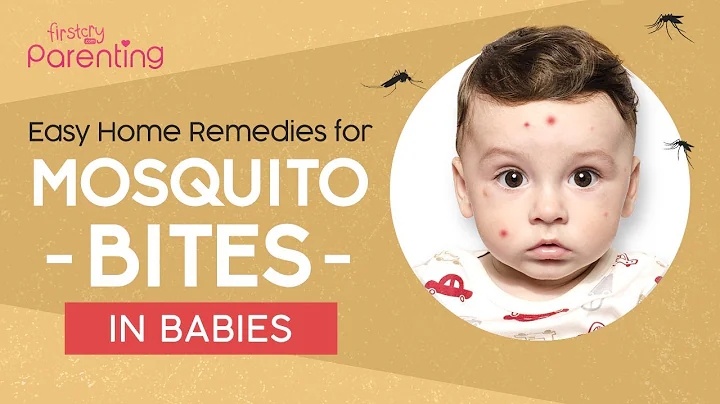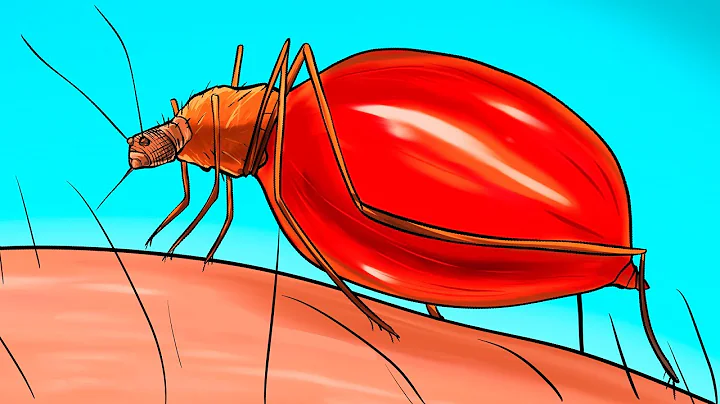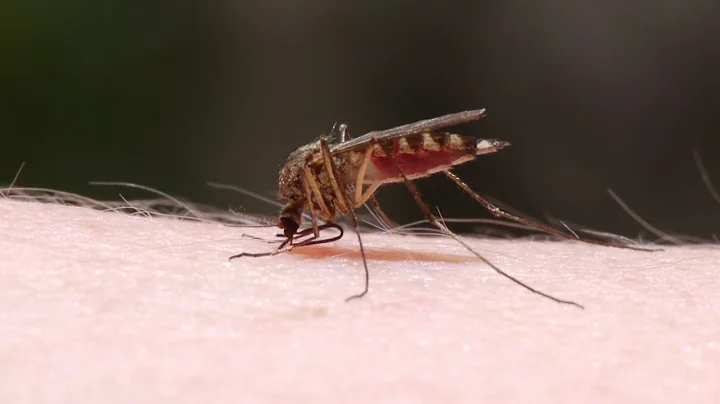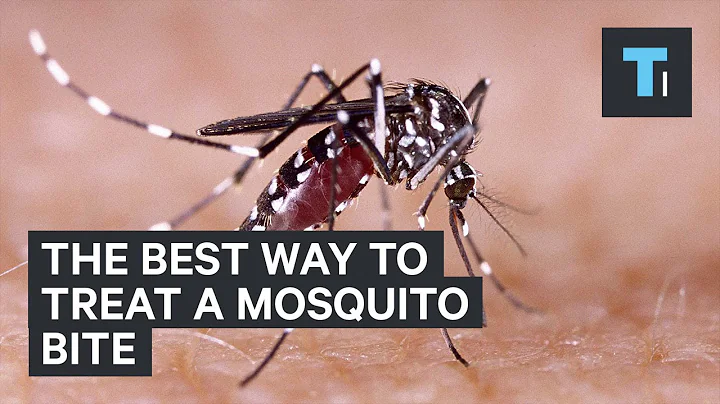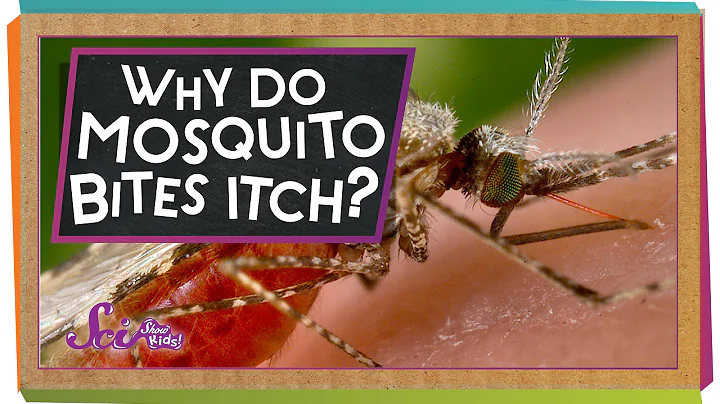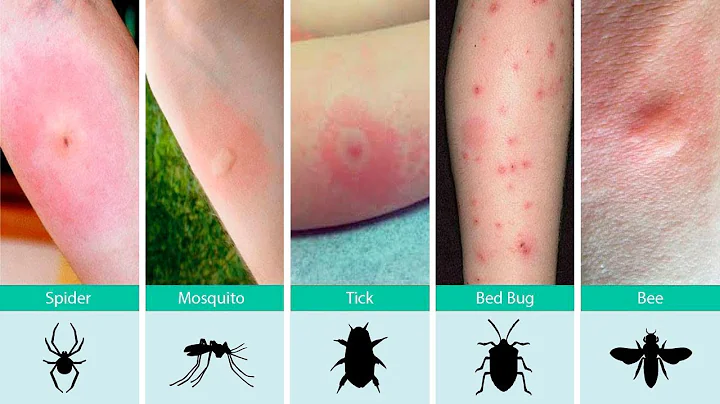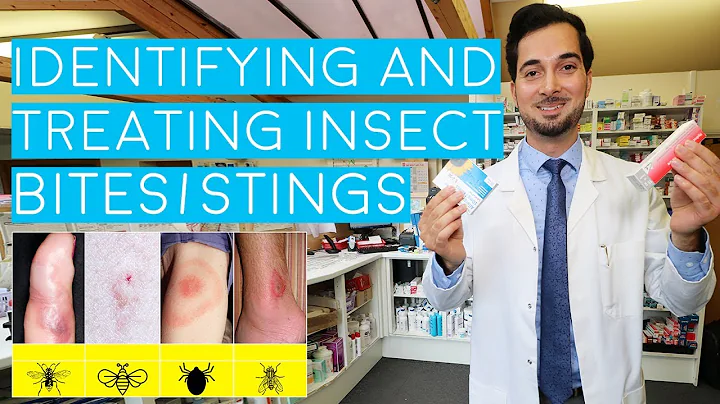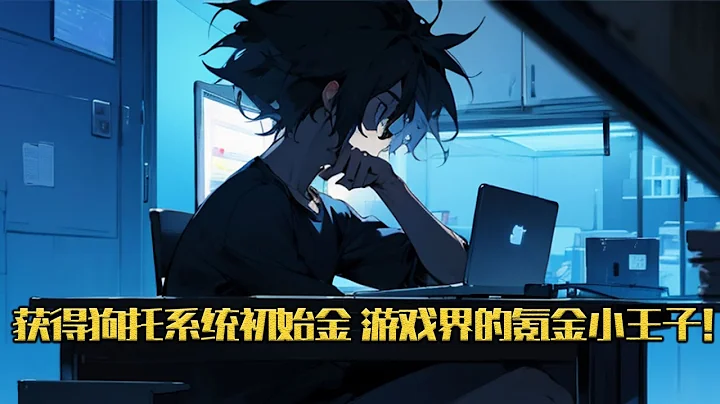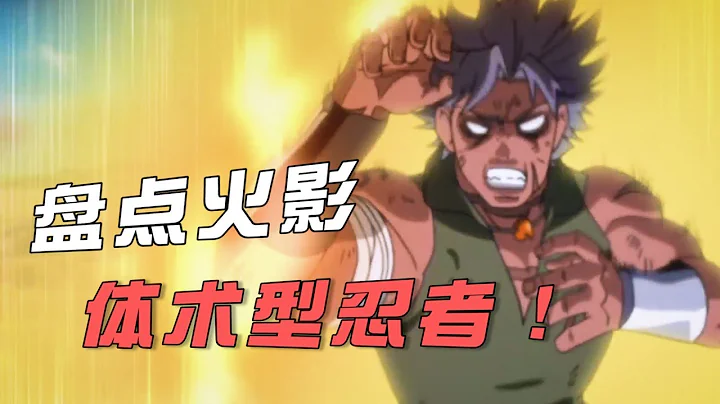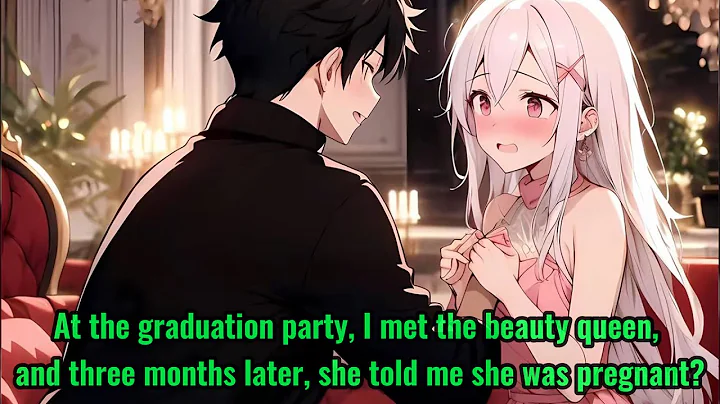Every summer, mosquito bites are a very annoying thing. Looking at the red and swollen bumps on the baby's hands and feet, I feel distressed and helpless, so I can only be more careful. In fact, the size and degree of redness and swelling of the bumps on the child's hands depend on the child's sensitivity to the toxins released by the insect. While most children will only have a mild reaction, those who are highly sensitive to certain insect toxins may develop severe symptoms that require emergency treatment. Even encountering highly toxic mosquitoes can be fatal.
In general, insect bites are usually not a serious problem, but sometimes, insect stings can be troublesome. Although stings from many bugs (e.g., wasps, fire ants, etc.) may cause only local swelling and pain, severe allergic reactions are also possible. Delayed allergic reactions to cat fleas, dog fleas, bed bugs, and mosquito bites are very common and may cause discomfort but are not life-threatening. Unfortunately, some children develop a chronic itchy rash that lasts for a long time and is not easily treated, known as papular urticaria.
Treatment
Although mosquito bites may cause some discomfort, the bite lesions generally disappear the next day without a doctor's treatment. To relieve itching caused by mosquito, fly, flea, and bed bug bites, apply a cold compress with a cool, damp washcloth and apply calamine lotion or a low-potency topical steroid to the infected area. Itching can be controlled with the oral antihistamine . If your child is stung by a wasp or bee, soak a cloth in cool water and press the damp cloth to the sting to reduce pain and swelling. Nonsteroidal anti-inflammatory drugs (ibuprofen) may help. If symptoms persist or are difficult to control, talk to your doctor. If the redness and swelling are severe, your child's doctor may prescribe oral steroid medications.
If a child pokes a bee nest, let him leave the scene as quickly as possible. The base of the stinger releases an alarm pheromone, attracting other bees to attack as well. Removing the remaining thorns from the skin as quickly and completely as possible can prevent excess toxins from accumulating in the body. If the sting is visible, gently scrape it out of the skin horizontally using a credit card or similar card or your fingernail. Avoid squeezing the lesion with tools such as tweezers to push the spines out, as doing so may cause more toxins to be released into the skin. The skin may become more swollen 2 to 3 days after being bitten by a bee or mosquito.
Trim your child's nails and keep them short and clean to reduce the risk of infection from scratching at the bite site. If an infection develops from scratching, the mosquito bite area will become redder, larger, and more swollen. In some cases, parents may observe red scratches or yellow fluid appearing near the mosquito bite site, or the child may even develop a fever. Ask your child's doctor to check the infected bite immediately, as the condition will need to be treated with antibiotics.
If your child develops one or more of the following symptoms after being bitten, consult a doctor immediately for medical help.
■ Sudden onset of difficulty breathing.
■ Weak, listless, or unconscious.
■ Urticaria or itching all over the body.
■ Extraordinary swelling around the eyes, lips, or penis that affects the child's ability to see, eat, or urinate.
How to prevent
It's impossible to prevent all mosquito bites, but you can reduce the number of times your child needs to be treated by following these guidelines.
■ Stay away from areas where insects nest or gather, such as near trash cans, ponds, uncovered food and desserts, orchards, and flower gardens.
■ If you know your child may be exposed to mosquitoes, be sure to dress him in long pants, a lightweight long-sleeved shirt, and shoes that cover his toes.
■ Avoid wearing brightly colored or patterned clothes for your children as they can easily attract mosquitoes.
■ Don't give your children soaps, perfumes or hairsprays as these also attract insects.
■ Try to avoid stagnant water in your home, especially if you grow a large number of flowers and plants on the balcony, which is prone to mosquitoes.
■ You can use anti-mosquito patches and for babies, which are actually mosquito repellents, but they should be used as little as possible on infants and young children. In fact, some of the most common repellents include DEET , a chemical ingredient not recommended for children under 2 months old. The American Academy of Pediatrics recommends that repellents used by children should contain no more than 30% DEET. Topical treatments and oral antihistamines won't do much for a child who always has itchy bumps.

